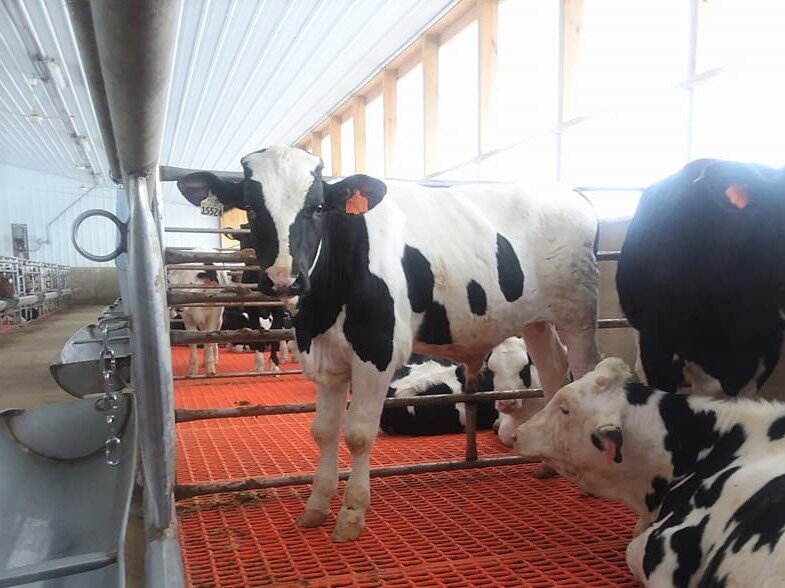As reported in Lancaster Farming, a 2025 study shows that veal has a smaller environmental footprint than beef and is on par with pork and chicken in terms of greenhouse gas emissions.
Viewing entries in
News
As reported in Lancaster Farming, a 2025 study shows that veal has a smaller environmental footprint than beef and is on par with pork and chicken in terms of greenhouse gas emissions.
American Farm Bureau Federation President Zippy Duvall was invited to Indiana by the Indiana Farm Bureau to learn more about the issues impacting agriculture and rural communities.
Nutrition is key when feeding veal calves. Farmers ensure their calves are fed a balanced and nutritious diet as health and welfare are priorities on the farm.
Are you are looking for locally produced, delicious, high protein, sustainably raised meat? American veal is the answer!
The American Veal Association (AVA) is excited to embark on the first-ever Life Cycle Assessment of the milk-fed veal industry in the United States.
As families prepare to celebrate the holidays, veal is a great center-of-the-plate option for these special occasions.

The American Veal Association (AVA) has adopted a new set of ethical commitments aimed at strengthening consumer trust and showcasing the industry’s dedication to responsible practices.
These commitments focus on key areas like animal welfare, food safety, environmental stewardship and labor and human rights. Designed to be both proactive and transparent, the commitments reflect the veal industry’s desire to earn consumer confidence and trust by clearly communicating the values and standards guiding veal production today.
AVA President Sonia Arnold shared with Lancaster Farming that the commitments bring more awareness to the good work already happening on veal farms across the country. The AVA represents roughly 400 farmers and companies involved in raising milk-fed veal, mostly in states with strong dairy industries like Pennsylvania, New York and Wisconsin.
“We have a good story to tell,” Arnold said. “Now we’re making sure people hear it.”
Learn more about today’s veal industry and its ethical commitments here.
The American Veal Association (AVA) has released newly approved Ethical Commitments, an evolution of our Statement of Principles, first adopted by the organization in 2010.
The American Veal Association Board of Directors has named Sonia Arnold, Ph.D., president of the organization, which represents businesses and individuals in the milk-fed veal industry.

The U.S. veal industry, once in decline, is making a strong comeback thanks to major improvements in animal welfare, sustainability and transparency.
Practices of the past have been replaced by group housing, tailored nutrition and strong veterinary oversight. Dairy bull calves, which previously had little value, are now being transformed into high-quality food, as well as other products.
Dairy Herd Management takes a look at the evolving veal industry and how it’s promoting its positive story to the food industry and a new generation of consumers. Learn how veal is “poised to come back stronger and smarter than ever before.”